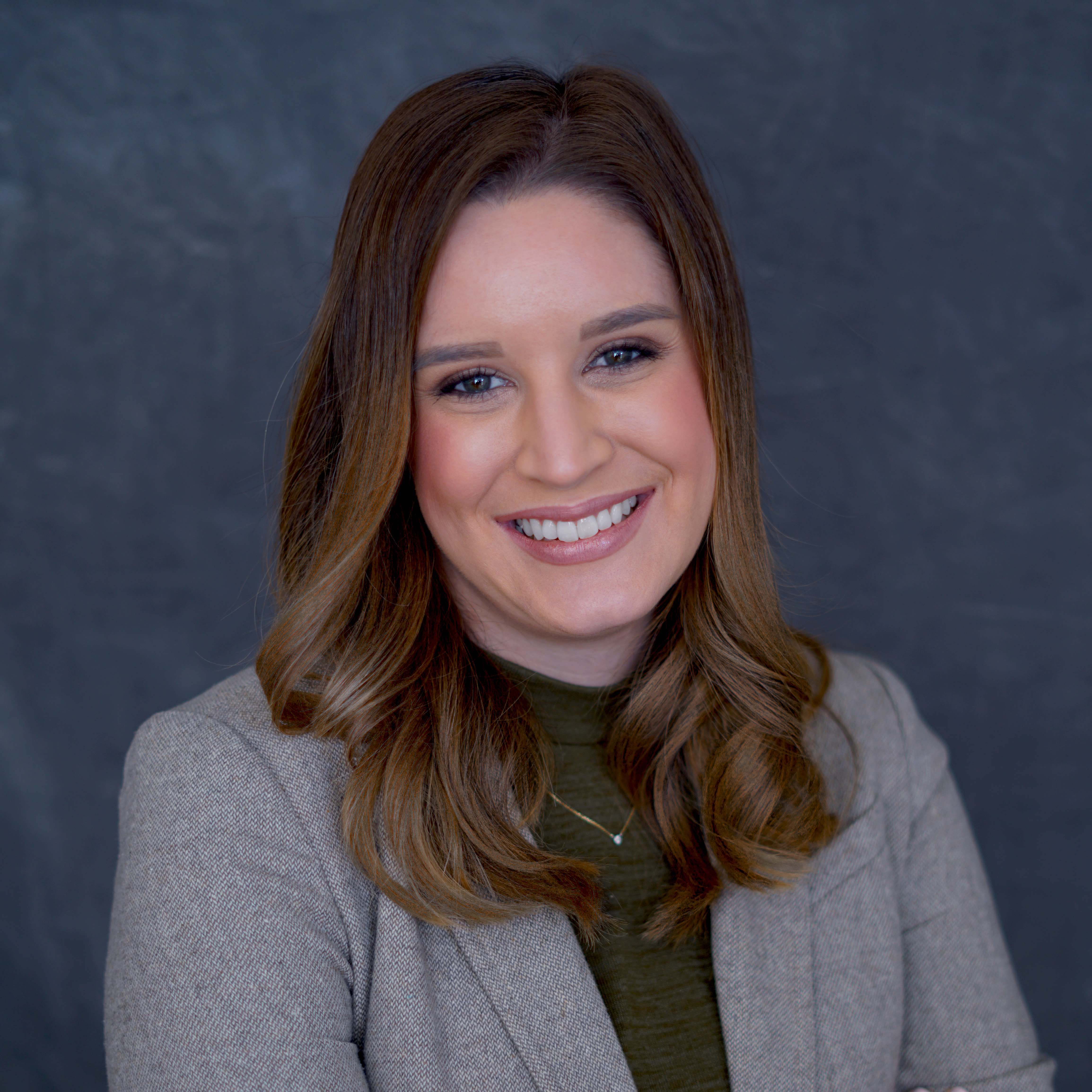Master of Science in Journalism
Tell stories that help us understand the world and discover solutions to societal problems.
Combine traditional journalism training with a solutions journalism approach to create
ethical, inclusive stories that respond to community needs. In the Master of Science
in Journalism program, you will learn to work within and among local communities,
understand how personal experiences and biases shape worldviews and reinforce societies,
and highlight individuals and voices. You will develop targeted, meaningful stories
for a variety of digital platforms such as online news outlets, social media, and
mobile applications, and learn how to use data to find and tell stories in ways that
are accurate and engaging. You will also gain an understanding of media law to fully
engage with journalistic ethics defined by the Society of Professional Journalists.
Students have access to a two-story newsroom, state-of-the-art broadcast studio and
control room, and an innovative podcasting studio. This program is designed to meet
programmatic outcomes that are outlined in the Accrediting Council on Education in
Journalism and Mass Communications (ACEJMC) professional values and competencies.
Learn More About the Program
Explore Coursework
Engaging courses and a variety of elective offerings to fit your interests.
Review our course offerings and curriculum maps to find a plan of study that works best for you.
Meet the Faculty
Our faculty are leading academics and world-renowned journalists.
Sample areas of interst include solutions and narrative journalism, visual culture, contested social phenomena, and international reporting.
Discover the Colvin Center
Preparing the next generation of foreign correspondents.
Engage with the Colvin Center through distinguished on-campus lectures and international reporting opportunities.
Create community through solutions journalism
The Master of Science in Journalism will prepare you to:
- Understand the legal and ethical issues that impact journalists and media professionals.
- Describe how personal experience and bias shape worldviews and reinforce societies.
- Practice core reporting elements to construct breaking news and feature stories.
- Develop compelling narrative arcs using multimedia elements to engage audiences.
- Create effective, purposeful, and well-researched solutions journalism stories.
- Lead professional journalistic projects that address real-world community needs.
Program Director
Brenda Hoffman

Program Requirements and Coursework
In-Person with Some Online Offerings | 33 Credits | Enroll Full-Time or Part-Time
The journalism program can be completed in as little 1.5 years, for students enrolled full-time. The majority of the program is delivered in-person, requiring students to be on campus. There are some opportunities for students to enroll in online courses. Online courses are delivered in a live synchronous format via Zoom so that students can still fully engage with their faculty and peers. All courses meet in eastern standard time (EST). Required courses are typically offered in the evenings to accomodate working profesisonals. Some elective courses are offered in the late afternoons for students who wish to stack coursework on the same days.
Curriculum Maps
Customized plans of study that work with your schedule.
The curriculum maps below offer suggested course sequences for optimal degree completion, based on full-time or part-time enrollment. Students may work with the graduate program director to adjust these sequences to best meet their needs. Students must be enrolled in a minimum of three courses (9 credits) to maintain full-time student status. Full-time students can move between three to four courses per semester as desired.
Application Information
Our graduate students hold bachelor's degrees in a range of fields. While a background in journalism is helpful, it is not required for admission to the program. Current graduate tuition rates are available on the Student Financial Services website. At this time we do not offer graduate teaching or research assistant postitions, so our students are all self-funded or employer-funded.
Admissions Requirements
Bachelor's degree from an accredited institution
Minimum 3.0 GPA
For applicants who completed their degrees more than 10 years ago, professional work
experience can be considered in lieu of GPA.
TOFL Scores
International students only
GRE Scores Optional
Application Materials
CV or Resume
Official Transcripts
Personal Statement [500 words]
Two Writing Samples
At least one academic writing sample. You may also submit professional/creative works.
Three Recommendation Letters
Deadline to Apply
MARCH 15
Applications are accepted annually for a fall semester start.
Students interested in taking courses sooner can apply as a non-matriculated student. If accepted into the MS program, students can transfer up to 12-credits into the program.
Additional Resources
